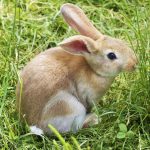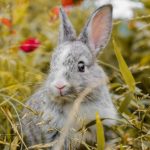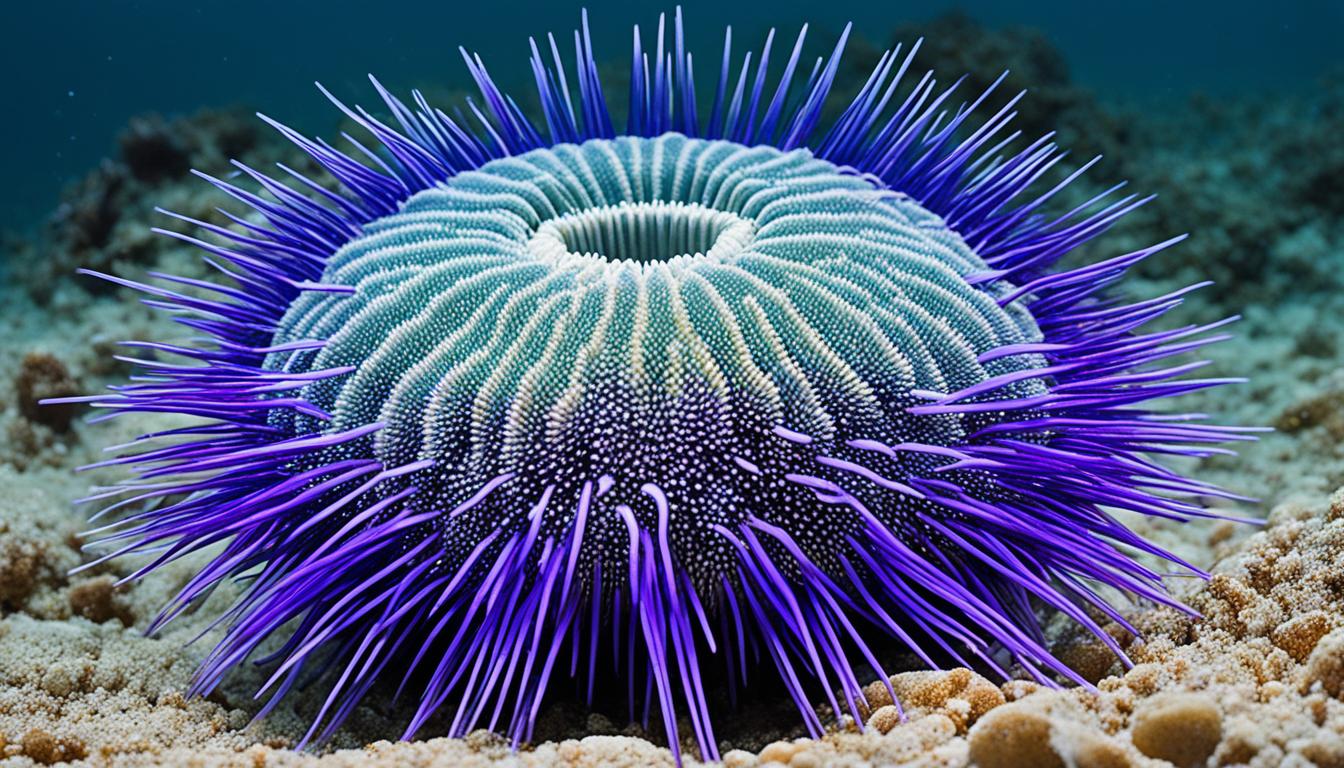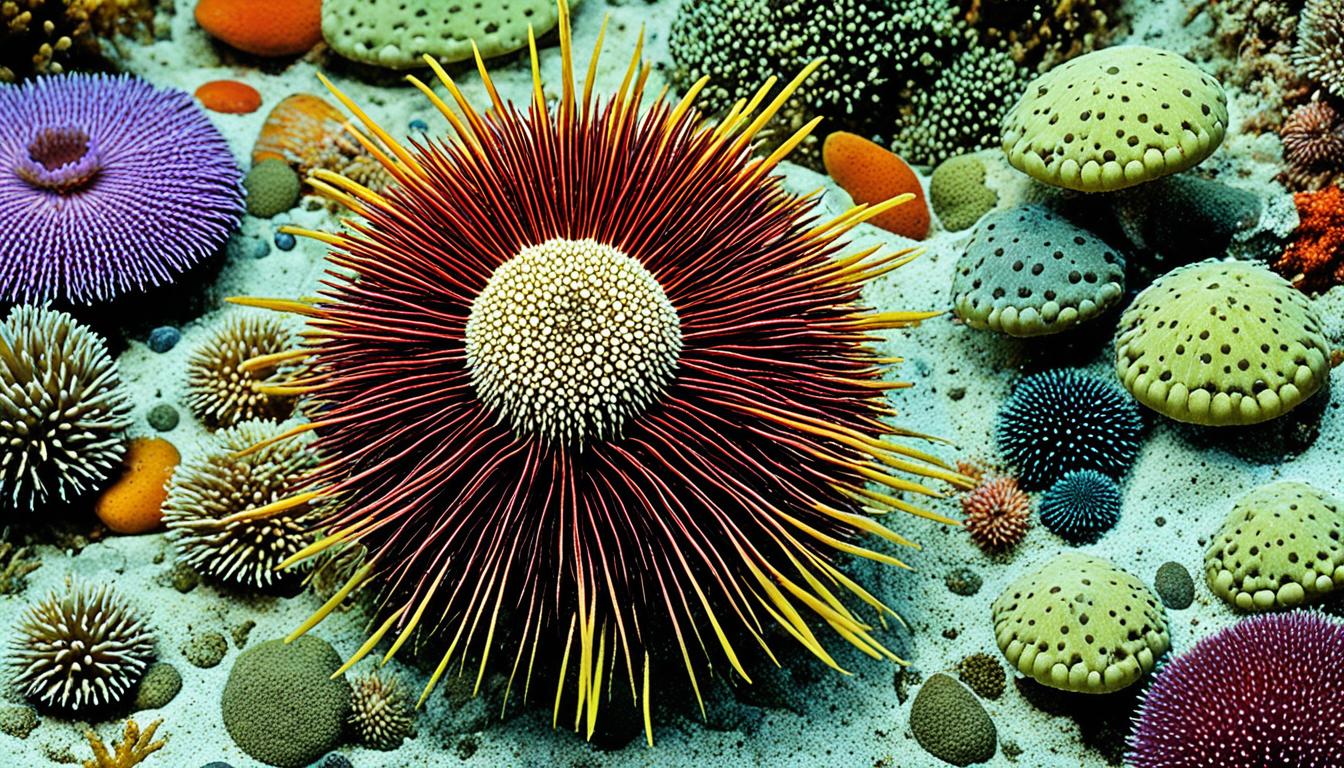The Fascinating World of Rabbits
Rabbits are captivating creatures that have captured the interest and admiration of humans for centuries. These small mammals belong to the family Leporidae and are known for their long ears, fluffy tails, and adorable hopping behavior. In this section, we will provide an introduction to rabbits and delve into the factors that influence their lifespan.
Introduction to Rabbits
Rabbits are found in various habitats worldwide, ranging from forests and meadows to deserts and grasslands. They come in a wide array of colors and sizes, with diverse breeds showcasing unique characteristics. To learn more about different rabbit breeds, visit our article on rabbit breeds.
These herbivorous animals have a specialized digestive system that allows them to efficiently process plant material. They primarily feed on grass, leaves, and other vegetation, which provides them with the necessary nutrients for survival. Their keen sense of smell and hearing, coupled with their ability to run at high speeds, help them evade potential predators.
Understanding Rabbit Lifespan
Rabbit lifespan varies depending on several factors, including their species, breed, genetics, and environment. It’s important to note that there are significant differences between the lifespan of wild rabbits and that of domesticated rabbits. For information on wild rabbits, refer to our article on wild rabbits. Domesticated rabbits, on the other hand, have different considerations that affect their lifespan, as discussed in the upcoming sections.
By understanding the factors that influence the lifespan of rabbits, we can provide them with the care they need to live long and healthy lives. Let’s explore these factors in more detail in the following sections.
Factors Affecting Rabbit Lifespan
When it comes to the lifespan of rabbits, several factors come into play. Understanding these factors can provide insights into the variations in rabbit lifespan. The key factors that influence the lifespan of rabbits include species and breed variations, genetic factors, and environmental factors.
Species and Breed Variations
Rabbits encompass a wide range of species and breeds, each with its own unique characteristics and lifespan. Different rabbit species and breeds can exhibit variations in their longevity. For example, smaller breeds tend to have a longer lifespan compared to larger breeds. Additionally, certain breeds may be more prone to specific health issues that can affect their lifespan. To learn more about different rabbit breeds, visit our article on rabbit breeds.
| Rabbit Breed | Average Lifespan |
|---|---|
| Netherland Dwarf | 7 – 10 years |
| Mini Lop | 9 – 12 years |
| Flemish Giant | 5 – 8 years |
| Lionhead | 7 – 10 years |
Genetic Factors
Genetics play a significant role in determining the lifespan of rabbits. Just like in humans, certain genetic factors can influence the overall health and longevity of rabbits. Some genetic conditions may predispose rabbits to specific health issues, potentially affecting their lifespan. Responsible breeding practices and proper selection of breeding stock can help reduce the risk of genetic disorders and promote healthier rabbits.
Environmental Factors
The environment in which rabbits are kept can greatly impact their lifespan. Providing a suitable living environment is crucial for their overall well-being and longevity. Factors such as housing conditions, temperature control, ventilation, and hygiene can all influence a rabbit’s health and lifespan. It’s important to ensure that rabbits have access to a clean and comfortable living space, protected from extreme temperatures and potential hazards.
Rabbits kept in the wild face different environmental challenges compared to their domestic counterparts. Wild rabbits have to navigate through natural threats, such as predators and harsh weather conditions. These challenges can significantly impact their lifespan. To learn more about wild rabbits, visit our article on wild rabbits.
Understanding the factors that influence the lifespan of rabbits can help you make informed decisions when it comes to their care and well-being. By considering species and breed variations, genetic factors, and environmental factors, you can provide the best possible conditions for your rabbits and help them live a long and healthy life. For information on the average lifespan of domestic rabbits, continue reading in the next section.
Wild Rabbit Lifespan
When it comes to the lifespan of wild rabbits, several factors can influence how long they live in their natural habitat. Let’s explore the average lifespan of wild rabbits and the challenges and risks they face in the wild.
Average Lifespan of Wild Rabbits
The average lifespan of wild rabbits can vary depending on various factors, including the species, habitat, and environmental conditions. On average, wild rabbits tend to live for 1 to 2 years. However, some species have been known to live up to 5 years in the wild.
It’s important to note that the lifespan of wild rabbits is significantly shorter compared to domesticated rabbits. This is primarily due to the harsh living conditions, predation, and other challenges they encounter in their natural environment.
Challenges and Risks in the Wild
Wild rabbits face numerous challenges and risks that can impact their lifespan. Some of the main factors include predation, diseases, and environmental conditions.
Predation is a major threat to wild rabbits, with predators such as foxes, coyotes, birds of prey, and other carnivores hunting them for food. The constant need to evade predators puts wild rabbits under constant stress and increases their vulnerability to injuries and mortality.
Diseases also pose a significant risk to the lifespan of wild rabbits. They can be susceptible to various viral, bacterial, and parasitic infections, which can weaken their immune system and lead to illness or death.
Moreover, the environment plays a crucial role in determining the lifespan of wild rabbits. Factors like extreme weather conditions, habitat loss, food scarcity, and competition for resources can all impact their survival and overall lifespan.
Understanding the challenges and risks faced by wild rabbits helps us appreciate their resilience and the importance of conservation efforts to protect their populations. To learn more about different rabbit species and their characteristics, visit our article on rabbit breeds.
By gaining insight into the average lifespan of wild rabbits and the factors influencing their survival, we can better appreciate the delicate balance of nature and the challenges these fascinating creatures face in the wild.
Domestic Rabbit Lifespan
When it comes to domesticated rabbits, their lifespan can vary depending on several factors. Let’s take a closer look at the average lifespan of domesticated rabbits and the factors that influence their lifespan.
Average Lifespan of Domesticated Rabbits
On average, domesticated rabbits have a lifespan of 5 to 8 years. However, with proper care and attention, some rabbits can live well into their teens. It’s important to note that this is a general range, and individual rabbits may have different lifespans based on various factors.
To understand the lifespan of specific rabbit breeds, you may refer to our article on rabbit breeds, which provides more detailed information about different rabbit breeds and their characteristics.
Factors Influencing Domestic Rabbit Lifespan
Several factors can influence the lifespan of domesticated rabbits. It’s important to consider these factors to help ensure a long and healthy life for your pet rabbit.
1. Diet and Nutrition: Providing a balanced and nutritious diet is crucial for the overall health and longevity of your rabbit. A diet rich in fresh hay, high-quality pellets, and a variety of fresh vegetables is essential. Avoid feeding your rabbit foods that are harmful or toxic to them. For more information on proper nutrition and diet for rabbits, visit our article on domestic rabbits.
2. Veterinary Care: Regular veterinary check-ups and preventive care are essential for maintaining the health of your rabbit. Vaccinations, parasite prevention, and dental care are among the important aspects of rabbit healthcare. Regular veterinary visits can help identify and address any underlying health issues before they become more serious.
3. Exercise and Enrichment: Providing ample opportunities for exercise and mental stimulation is vital for rabbits. Regular exercise helps maintain their physical health and prevents obesity and related health issues. Creating a safe and enriching environment with toys, tunnels, and hiding spots can keep your rabbit mentally stimulated and prevent boredom.
4. Neutering/Spaying: Having your rabbit neutered or spayed can have positive effects on their overall health and lifespan. It can help prevent certain reproductive diseases and behavioral problems, making them less prone to certain health conditions.
5. Genetics and Breed: The genetics and breed of a rabbit can also play a role in its lifespan. Some breeds may have certain genetic predispositions to specific health issues, while others may be more resilient. It’s essential to research and understand the breed-specific health concerns and take appropriate measures to address them.
By considering these factors and providing the necessary care, you can enhance the quality of life and potentially extend the lifespan of your domesticated rabbit. Remember, each rabbit is unique, and individual care requirements may vary. Regularly consult with a veterinarian who specializes in rabbit care to ensure that you are providing the best possible care for your furry companion.
Did the Western settlers also impact the population of rabbits?
The western settlers and the bison population in North America are widely discussed, but their impact on rabbits is often overlooked. As the settlers expanded westward, they unintentionally altered the rabbit population through habitat destruction and introduced predators. These changes exacerbated the competition for resources among rabbits, resulting in fluctuations in their population size. Ultimately, the arrival of western settlers had an indirect influence on the rabbit population dynamics in the region.
Tips for Promoting a Long and Healthy Rabbit Life
To ensure that your rabbit enjoys a long and healthy life, it’s important to provide them with proper care and attention. Here are some essential tips to help promote a happy and thriving rabbit life.
Proper Nutrition and Diet
A well-balanced and appropriate diet is crucial for the overall health and longevity of your rabbit. High-quality hay should make up the majority of their diet, as it provides essential fiber for proper digestion and helps wear down their teeth. Supplement their diet with fresh leafy greens and a small portion of pelleted rabbit food that is specifically formulated for their nutritional needs. It’s important to avoid feeding rabbits foods that are toxic to them, such as chocolate, caffeine, and certain plants. For more information on suitable rabbit diets, refer to our article on rabbit breeds.
Veterinary Care and Preventive Measures
Regular veterinary care is vital for maintaining your rabbit’s health. Schedule annual check-ups with a rabbit-savvy veterinarian who can assess their overall well-being and provide necessary vaccinations. Rabbits should also be spayed or neutered to prevent reproductive disorders and certain cancers. Additionally, ensure your rabbit receives regular parasite prevention treatments to safeguard against fleas, ticks, and intestinal parasites. If you notice any changes in your rabbit’s behavior, appetite, or physical condition, consult a veterinarian promptly to address any potential health issues. For more information on wild rabbits, visit our article on wild rabbits.
Enriching the Rabbit’s Environment
Creating a stimulating and enriching environment for your rabbit is essential for their mental and physical well-being. Provide a spacious and secure enclosure that allows them to hop, stretch, and explore. Include hiding spots, tunnels, and toys to encourage natural behaviors and prevent boredom. Regular exercise outside of the enclosure, under supervision, is also beneficial for their overall health and happiness. It’s important to ensure a safe and rabbit-proofed space to prevent accidents or exposure to harmful substances. For more information on domestic rabbits, refer to our article on domestic rabbits.
By following these tips, you can help ensure that your rabbit lives a long and fulfilling life. Remember that each rabbit is unique, and their needs may vary. Observe your rabbit closely, provide them with love and attention, and consult with a veterinarian for personalized guidance on their care.








